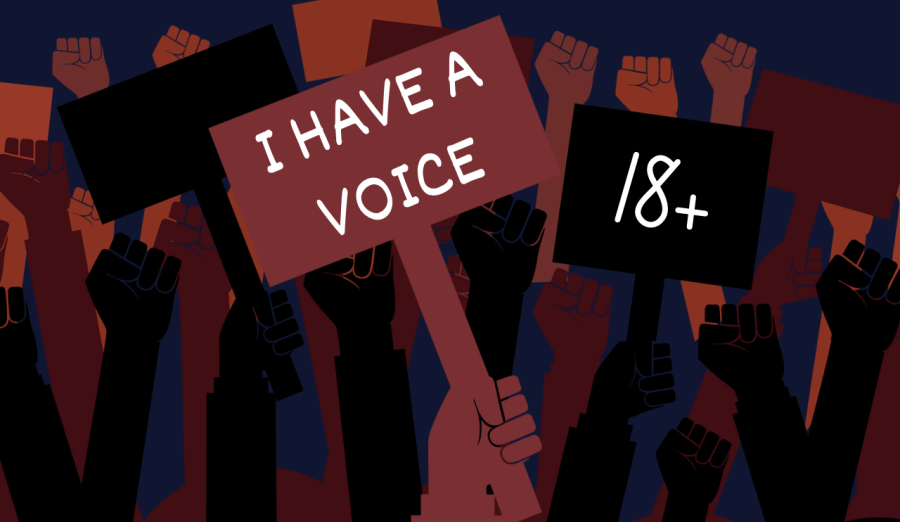“Voting is your civic duty” is a cliché phrase, but its overuse is for a good reason. Voting is the only way voters can represent themselves in the government. However, voting and representation are ambiguous and subject to interpretation. The electoral college, voting rights for immigrants and prisoners, voting age, and passing legislation or policy that inhibits or prevents it are all partisan issues in today’s political climate.
Recently in the 2022 midterm elections, Scott Webster, Iowa’s 5th ward alderman, a member of the city government who oversees a region, was elected to the Iowa Senate. This leaves an empty slot for the alderman position. Bettendorf City Council has determined that they will appoint an alderman for the remainder of the term instead of holding a special election, an election by which ward members would elect a representative for the remainder of the term.
Senior Tony Shamrell, a resident of Bettendorf’s 5th ward and voter, understands the possible reasoning behind an appointed replacement but feels a special election should be held. “While Bettendorf will most likely appoint a replacement with similar political values, there are differences in candidates and whom I want representing me and my ward,” Shamrell stated.
However, if 5th ward residents want to elect a new alderman, there is a way. Residents of the ward must obtain 61 signatures—15% of voters from the previous election.
Senior Misty Marahatta, a Bettendorf’s 5th ward resident, has yet to reach voting age but supports a special election. “It does not seem fair that the government, which may not represent my beliefs and values, can determine for themselves that they can appoint an alderman to represent me,” Marahatta stated.
This issue of youth representation carries to other large-scale relevant issues as well. The debate over the voting age is an eminent issue for adolescents. Currently, youth must be at least 18 years old to vote; however, congressional leaders have recently called to lower the voting age to 16.
Calls to lower the voting age have been ongoing for over 50 years. The Vietnam war sparked the effort to lower the voting age from 21 to 18. The compelling argument was, “iIf I can die for my country, I can vote.” The 26th amendment, ratified in 1971, lowered the voting age.
Today, proponents of lowering the voting age to 16 argue that government decisions, such as electing an alderman, affect people under 18 years old. One key argument is that 16 and 17-year-olds can pay taxes, and the principle of “no taxation without representation” was fundamental to the United State’s founding. However, the vast majority, 84% of voters, of Americans oppose lowering the voting age to 16. They argue that 16-year-olds are not yet mature enough to make informed decisions, and adolescents are tax-exempt unless they make over $12,950, which is not common among youth.
As we advance into future months and years of legislation, Americans can expect the calls for voting reform and increased representation to persist. A nation without representation will face scrutiny and protests— both of which can be seen in the United States today.









